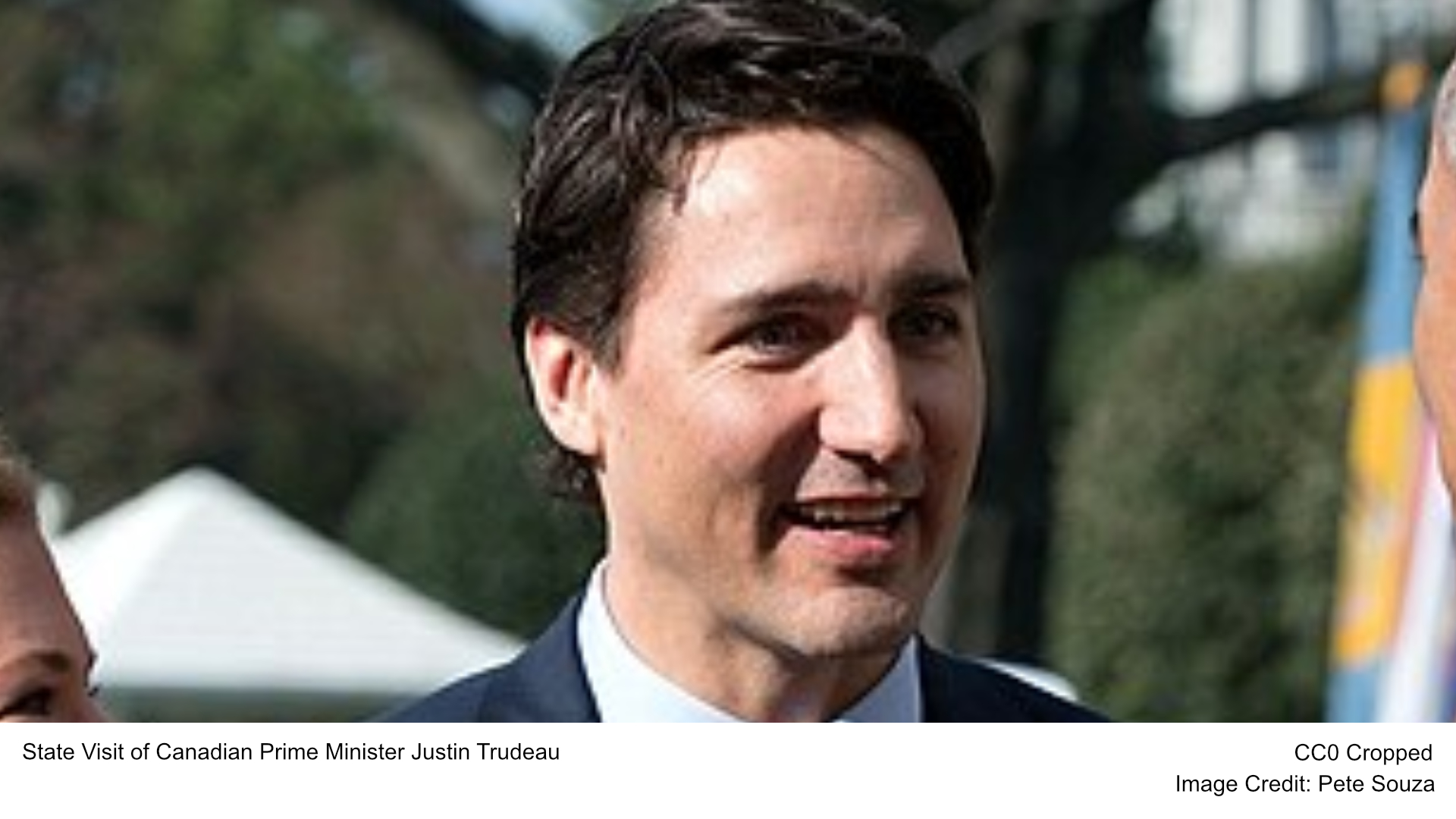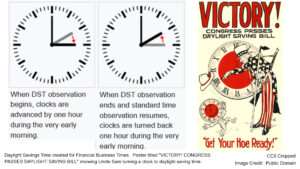Reports indicate that several party members have publicly called for a leadership change, citing declining support and recent electoral setbacks. These developments have created a challenging environment for Trudeau, who acknowledged that he could not effectively lead the party into the next election.
- Internal Party Strife: Internal criticism and calls for leadership change within the Liberal Party were significant factors in Trudeau’s decision to step down. Recent electoral setbacks and declining support heightened the pressure.
- Leadership Legacy: Trudeau’s tenure featured achievements like pandemic management, climate initiatives, and Indigenous reconciliation but was marred by economic challenges, such as inflation and housing costs, and strained US relations.
- Upcoming Leadership Race: The Liberal Party’s leadership race, with potential candidates like Mark Carney and Christy Clark, will shape its strategy and competitiveness against the Conservatives.
- Political Transition: Trudeau’s prorogation of Parliament has sparked criticism, with the opposition alleging it is a delay tactic. The country faces political uncertainty as it awaits the Liberal Party’s next steps.
Trudeau’s leadership has been characterized by both achievements and controversies. He played a key role in navigating Canada through the COVID-19 pandemic, promoting climate change initiatives, and supporting Indigenous reconciliation. However, economic challenges, including rising inflation and housing costs, have posed significant hurdles. Additionally, tensions with the United States over potential tariffs have added to the political and economic pressures facing his administration.
The upcoming leadership race within the Liberal Party is expected to be highly competitive. Potential candidates like Mark Carney and Christy Clark are already being discussed as possible successors. The party’s decision will have far-reaching implications for its future direction and its ability to challenge the opposition Conservatives in the next election.
Trudeau’s decision to prorogue Parliament until March 24 has drawn criticism from opposition parties. They argue that this move delays a potential vote of non-confidence and provides the Liberals with more time to organize their leadership race. Conservative leader Pierre Poilievre has been particularly vocal in his criticism, accusing the Liberals of avoiding accountability.
As Trudeau prepares to step down, Canada faces a period of political transition and uncertainty. The Liberal Party must navigate this leadership change while addressing the challenges facing the country. Trudeau’s legacy, marked by both successes and difficulties, will influence the party’s strategy as it prepares for the next general election. Canadians will be watching closely as the political landscape evolves in the coming months.







Be First to Comment